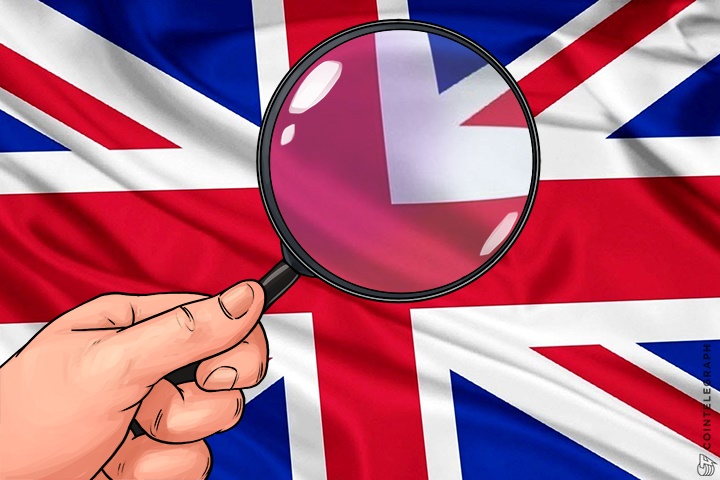The United Kingdom recently passed legislation providing the government with sweeping new surveillance powers on Internet activity, unprecedented in any Western democracy.
The Investigatory Powers Bill will authorize the UK government’s mass surveillance program of online activity. This will mandate a record be kept for one year of every citizen’s Web activity, including phone metadata. All Internet service providers will be required to keep Internet connection records for their customers, and will be paid to do so by the government. Then, law enforcement will be able to request this information at will, without any judicial oversight whatsoever.
Famed whistleblower Edward Snowden, noted that the UK’s new surveillance powers may rival, or even surpass, those of many totalitarian governments:
The UK has just legalized the most extreme surveillance in the history of western democracy. It goes farther than many autocracies. https://t.co/yvmv8CoHrj
— Edward Snowden (@Snowden) November 17, 2016
Post-Brexit move towards, not away from, centralized power
This move to massively expand surveillance power comes as the United Kingdom prepares to exit the European Union, after a controversial “Brexit” vote. This move was made to return sovereignty and control over to the UK, and even sparked fears that it could lead to the eventual collapse of the EU, which had begun to crack down on digital privacy such as anonymous Bitcoin trades. However, rather than serving to resist authoritarian government, this new move suggests that a newly independent UK could have only sought to shake off EU control in order to further expand the power of its own government.
Encryption is more relevant now than ever
In the wake of a budding UK surveillance state, the judicious use of encryption becomes increasingly necessary to secure one’s digital privacy. British citizens should protect their online privacy by using a virtual private network (VPN), employing an encrypted Web browser such as Tor and encrypting all messages through an app like Signal. The world’s privacy community is also in the process of developing further improved encryption tools to compete with the next generation of surveillance technology.
Globally, the issue of online privacy will likely become more heated outside the UK. France and Germany insist that the EU ban end-to-end encryption so that governments will have backdoor access to all encrypted messaging systems. In the U.S., encryption could run into stiff resistance from the government as well. Earlier this year, the FBI announced a 2017 encryption crackdown, once the dust from the presidential election had died down. U.S. president-elect Donald Trump, has adopted rhetoric, and appointed an Attorney General, hostile to encryption, more so than that of his opponent Hillary Clinton, who reportedly used Signal encrypted messenger for her campaign staff and consulted with Google and Apple when crafting her own stance on encryption.


